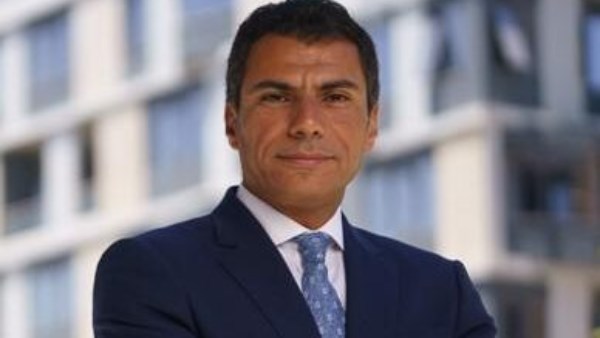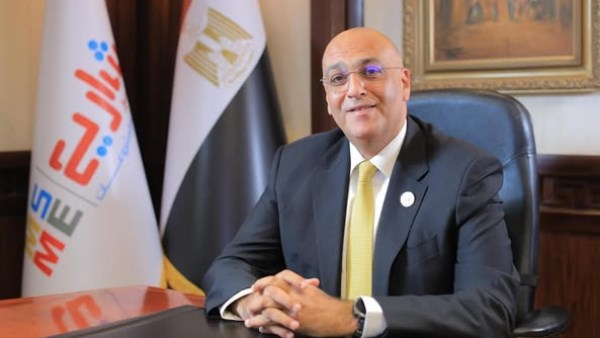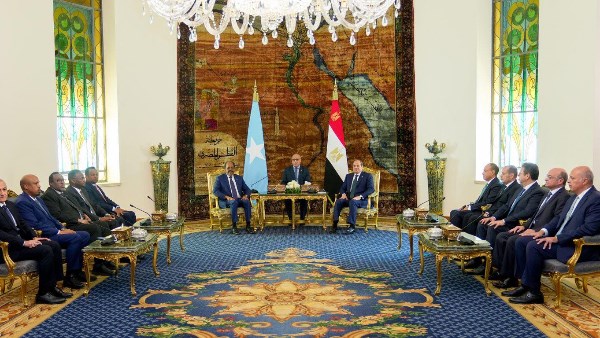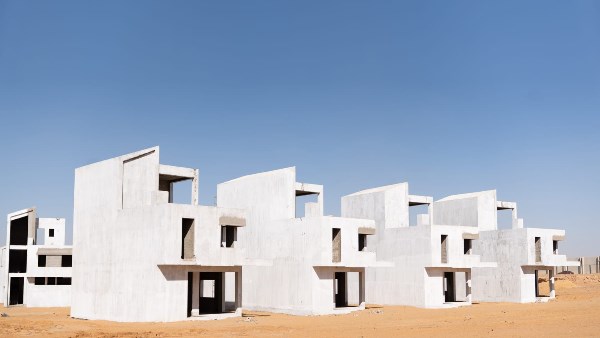
Singapore’s property prices are shaping to become a major political issue
Singapore Deputy PM Allays Property Price Fears in May Day Rally

Singapore’s prime minister-in-waiting Lawrence Wong used a May Day rally to address concerns over a red-hot property market fueling economic inequality، saying citizens will always have affordable homes.
“Affordable and accessible public housing، like access to first-rate education and healthcare will always be a key part of our social compact in Singapore،” Wong said on Monday، calling the government-built flats the world’s best.
Singapore’s property prices، which have risen for 12 straight quarters and bucked a global housing slowdown، are shaping to become a major political issue in the city-state where elections are due by 2025.
While the government has raised property taxes last week that hit mostly foreign buyers and ramped up construction of public housing، there are concerns among Singaporeans that home ownership will be increasingly out of reach for future generations.
“In Singapore، the prime minister has to be a real estate agent،” Wong said. “So I’m learning and brushing up my skills and I will use this occasion to practice. When you think about affordability، please don’t just look at the headline price of a BTO flat.”
Wong said the median household income has risen ten times since 1980 and built-to-order public housing has moved in tandem. Furthermore، a typical Singaporean household continues to use less than 25% of their income to service the loan just like more than 40 years ago، he added.
Almost 90% of Singapore’s residents own the well-designed، government-built apartments they live in. Since its independence in 1965، citizens have been able to buy these units at a steep discount، turning home ownership into a key way for Singaporeans to grow their wealth.
The worst ever recession
But the past few years — especially the pandemic، which plunged the country into its worst-ever recession while attracting surging money inflows from ultra-wealthy foreigners — has raised fears of growing inequality among citizens. The government is ramping up construction of flats after Covid disruptions، with Wong noting that 20،000 flats will be completed in 2023.
The issue is set to feature prominently during presidential elections this year in a vote that will test the nation’s mood ahead of a general election that must be called by November 2025. The ruling People’s Action Party is seeking to win over younger voters facing rising living costs after suffering its worst-ever showing in the 2020 national vote، where it still won 89% of seats.
The Southeast Asian nation’s economic concerns come at a sensitive time for the ruling People’s Action Party as it navigates a sensitive political succession that will see Wong eventually take over Lee Hsien Loong as the next prime minister، marking the end of Lee’s roughly two decades in power.
The leadership succession
Wong gave the keynote May Day rally address، usually reserved for the prime minister، and this suggests that the leadership succession is in an advanced stage، analysts said. While little has been said about the timing of the handover of power، Lee has said it will coincide with the timing of the national elections.
Previously a minister overseeing public housing، Wong will be tested for his leadership on the growing property issue when he and Lee lead the PAP into the elections.
“It’s a hot-button issue and Wong، in addressing the labor movement، is seeking to assure the average Singaporean that the government is committed to making public housing affordable and accessible،” said Eugene Tan، a political analyst and law professor at Singapore Management University.
“There is the palpable concern in the government that housing will be a contested issue in the election and so it’s keen to lower the political temperature before the hustings،” he added.





-1120252475029447.jpg)















